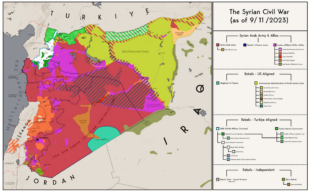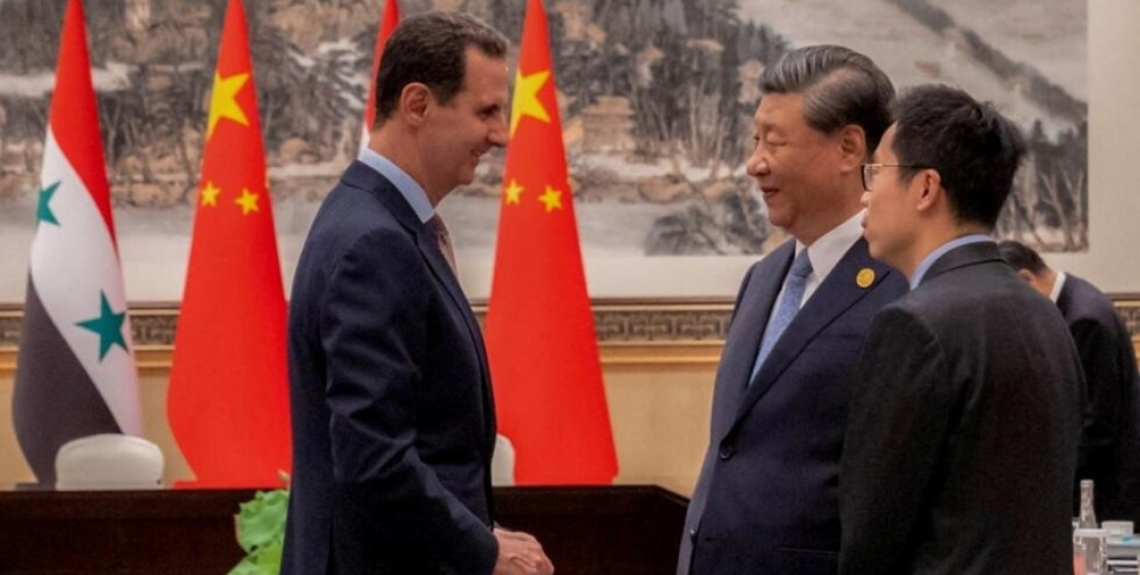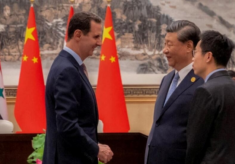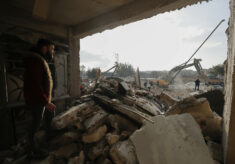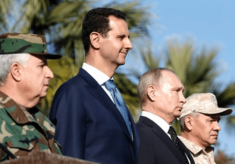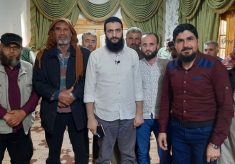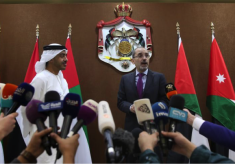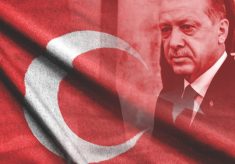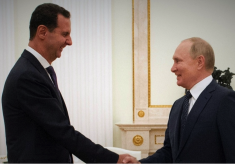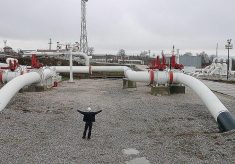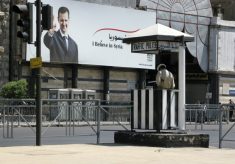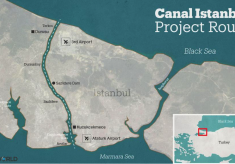The Arab League summit held in Jeddah last May has reopened the doors to the Assad regime after more than a decade of isolation and exclusion from the regional arena. Sponsored by Saudi Arabia and the United Arab Emirates, the rehabilitation process has recognized the political victory of Damascus in the long war waged against the moderate Syrian opposition and the Salafi-Jihadi organizations. However, this diplomatic manoeuvre did not really affect the stability of the country. Instead, it has exacerbated internal distress, as evidenced by recent protests in Sweida.
